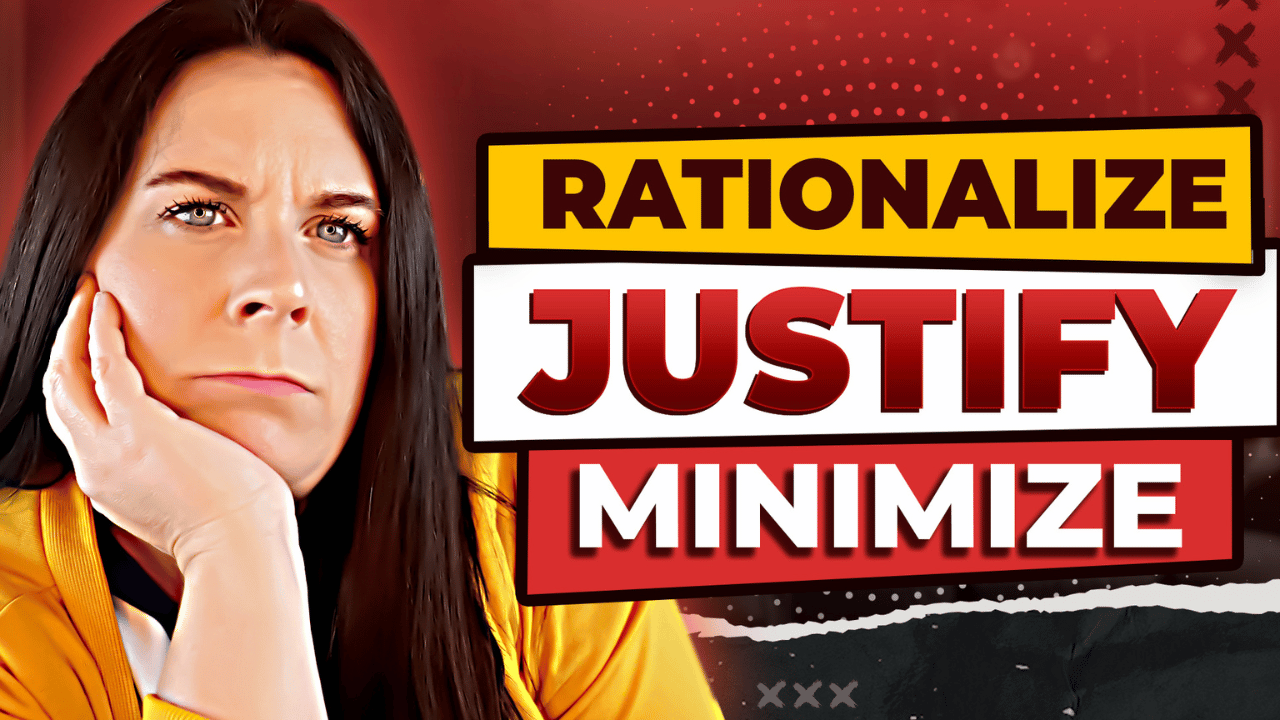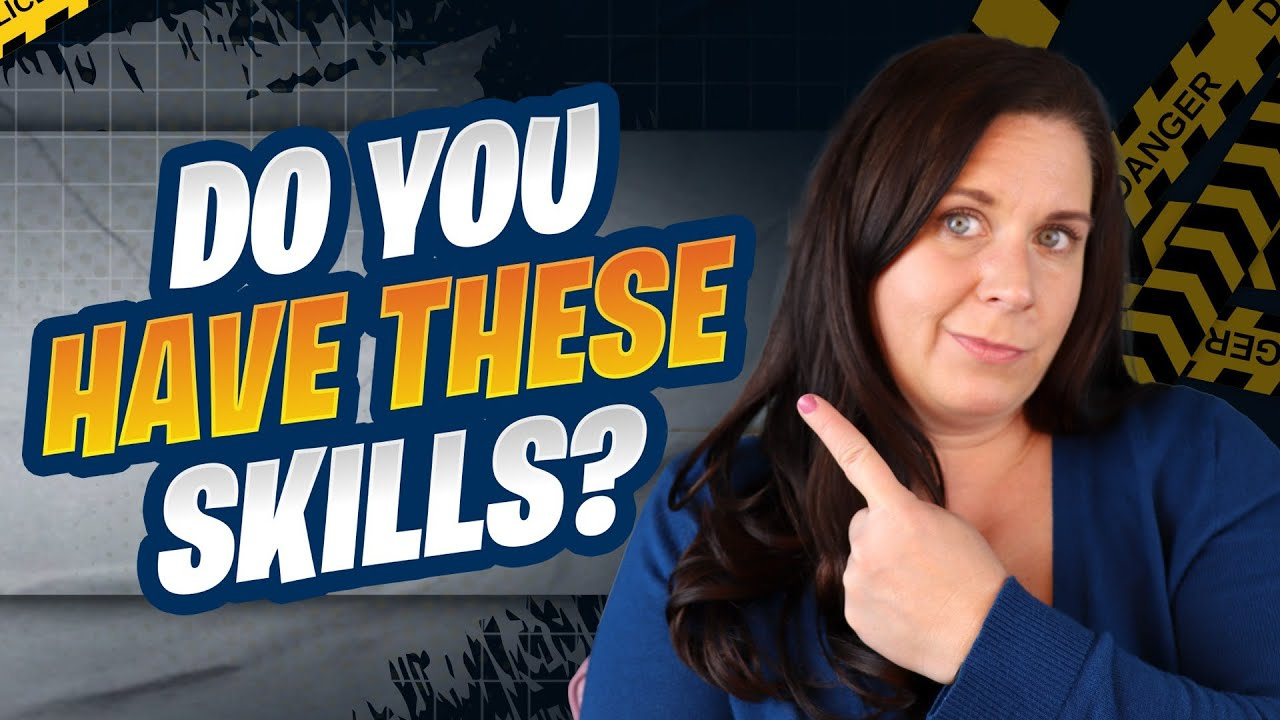How Addiction Makes Good People Do Bad Things

Addiction cunningly entices even the best individuals, leading them astray with false promises, trickery, and delusion. However, addiction will lose control over you once you comprehend these deceitful tactics and see through the smoke and mirrors. You will regain the driver's seat in your own life.
For those new to this channel, I'm Amber Hollingsworth, and I'm dedicated to helping you understand the science and psychology of addiction so that you can stay ahead of it. Today, we will uncover some sneaky and tricky thoughts you must know.
Addiction will deceive you into believing that engaging in addictive behaviors will improve your life. For instance, if it's alcohol, you might convince yourself that it makes you more relaxed, friendly, and pleasant. If it's marijuana, you might believe it enhances your creativity and intrigues you. Or if it's gambling, you may think it will help you provide more for your family by winning a significant sum. Can you see how deceptive this is?
It tries to convince you that addictive behavior will make you a better person, but it never improves you. Don't fall for this sneaky and tricky thought. Another thought that addiction may sneak in is the belief that you're not hurting anyone else.
Even if you have hurt someone and are aware of it, addiction will try to shift the blame onto others. For example, you may justify your lies and deceit by saying you only do it to avoid arguments with your family or protect their feelings. I once had a teenage boy in my office who had already strained his relationship with his parents. He moved to another state to live with his grandparents and stole substantial money from them. When questioned, he defended his actions by saying that his grandparents had plenty of money and they left it lying around everywhere. He believed he had no choice. Can you see the manipulation?
Another way addiction tricks you is by minimizing your bad behaviors and choices. You might catch yourself thinking, "At least I don't hit my spouse," or "At least I don't steal," or "At least I'm not doing heroin." You may find comfort in the fact that you're not engaging in some of the most extreme behaviors associated with addiction. However, this line of thinking allows for depreciation and justification. Another version of this thought process goes like this: "Well, it doesn't happen frequently. Everyone makes mistakes once in a while. Bad things occur only three or four times a year." Don't be fooled by this self-justification.
One of the most dangerous lies addiction tells you is, "I won't let that happen again." It's a falsehood. If you continue to indulge in the same addictive behavior, you will inevitably face the same consequences. Addiction thrives on repetition. Similarly, the thought that you can fix things, apologize, or make amends is another way addiction keeps you trapped. The more you engage in addictive behaviors, the more harm you inflict upon yourself and others. The list of things you need to make right only grows longer.
How often have you promised to rectify something before anyone finds out?
It's time to raise our guard and recognize these thoughts for what they truly are—lies and manipulations. We mustn't let ourselves be swayed into making bad choices. If you're eager to rebuild trust and repair relationships, I invite you to check out Rapid Relationship Repair.
Amber Hollingsworth
I recommend watching the next video if you're serious about conquering your addiction and eliminating these deceptive thoughts. 
We also teach these skills in our membership program.
